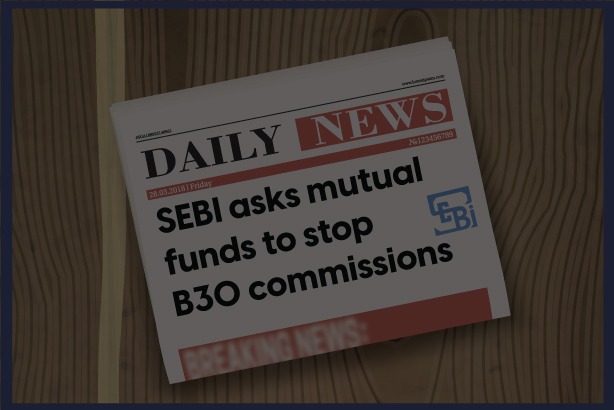A quick background :
What is the B30 Commission?
‘B30 Commission or Incentive’ refers to the extra commission paid by mutual funds to the distributors for mobilizing investments from ‘Beyond top 30 (B30)’ cities. Penetration of mutual funds in tier 2 / 3 towns is very less compared to tier 1 cities. A distributor has to put extra effort, including completing KYC if required, for onboarding a new customer in B30 cities. Hence, SEBI had allowed charging an extra expense ratio to the schemes where B30 assets are higher and passing on that to the distributors in the form of an extra incentive.
How is the B30 Commission paid out?
The B30 incentives in mutual funds are paid as an upfront commission on the investment over a period of 12 months, subject to the investment continuing for the entire period. In case of redemption of the investment before the completion of 12 months period, the amount paid as the commission is subject to claw back. The B30 commission is payable only on investments of below Rs. 2 lakh by individuals.
What action has SEBI taken recently and why?
SEBI has recently asked mutual funds to suspend the B30 commission payout. The reason quoted is that it has found certain irregularities in payment as well as in maintenance of records for the same by asset management companies (AMCs).
What’s the impact?
Suspension of B30 incentives in mutual funds will result in reduction of commission incomes of mutual funds distributors operating in B30 cities. For example, if an MFD generates inflows of Rs 1 crore, he could stand to lose Rs 1,50,000 worth of commission income.
For many individual / smaller distributors, this could result in the business becoming unprofitable.
So, what should I do as an MFD?
Do not despair… new doors open when old doors get shut. The best way is
a) to generate more product options for your clients.
b) to position yourself as an expert, knowledgeable about all investment options.
c) to guide your clients toward the right investments
More product options
This will help in diversifying the income profile and reducing the risk of being dependent on only one product category.
There is a wide range of products that an MFD can distribute.
- Fixed Income
– Fixed Deposits of NBFCs like Bajaj Finance & Shriram Transport Finance
– Peer-to-Peer Lending (P2P)
– Bonds and NCDs
- New Age
– Portfolio Management Services (PMS)
– AIFs
– Bill Discounting
– Asset Financing
- Insurance
– Life
– Health
– Motor
– Property
And many more!
Most of these products have an upfront commission structure versus trail commission structure in the case of mutual funds. That significantly helps in increasing the quantum of income for the distributor.
Become an expert
Nivesh has made available all of these products for its distributor partners. You can join Nivesh and get access to all these products instantly. Nivesh will help you with the required training and knowledge to get started. Nivesh also organizes webinars on different topics that will help you gain confidence and increase your business volume. Please visit our Partner page to know more.
Be the guide for your clients
Every customer has a variety of requirements for his wealth management including for family members. No customer will put 100% of his savings in only one product. Further, Indians like fixed income-generating investments more than market-linked investments, which can be volatile. The result is Rs. 170 lakh crore in bank deposits against just Rs. 20 lakh crore in mutual funds by individuals.
If you start dealing with multiple products, you will be able to cater to all the different requirements of the customer. Customers will also benefit as they will have more options to choose from and they will not need to deal with multiple distributors. For example, today they may be dealing with someone else for their insurance requirements, while you as a mutual fund distributor can easily understand insurance-related needs.
Thus you will be helping your customers a lot by making available a number of products, rather than just mutual funds.



